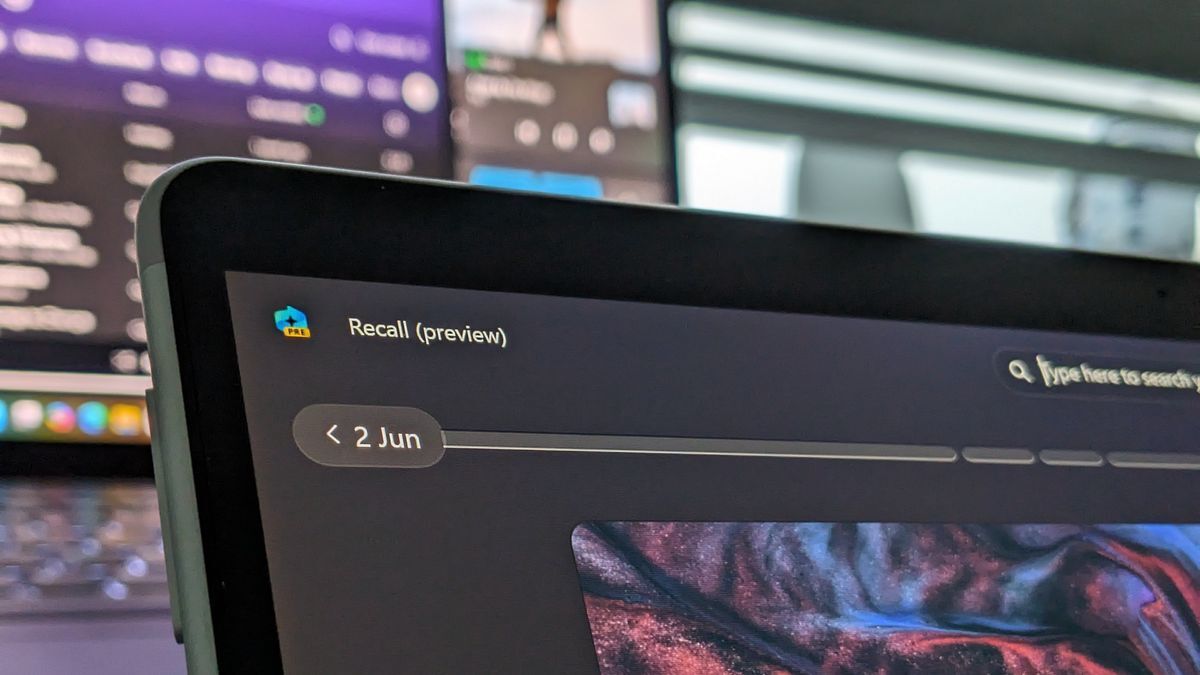It’s a nightmare scenario for Microsoft. The headlining feature of its new Copilot+ PC initiative, which is supposed to drive millions of PC sales over the next couple of years, is under significant fire for being what many say is a major breach of privacy and security on Windows. That feature in question is Windows Recall, a new AI tool designed to remember everything you do on Windows. The feature that we never asked and never wanted it.
Microsoft, has done a lot to degrade the Windows user experience over the last few years. Everything from obtrusive advertisements to full-screen popups, ignoring app defaults, forcing a Microsoft Account, and more have eroded the trust relationship between Windows users and Microsoft.
It’s no surprise that users are already assuming that Microsoft will eventually end up collecting that data and using it to shape advertisements for you. That really would be a huge invasion of privacy, and people fully expect Microsoft to do it, and it’s those bad Windows practices that have led people to this conclusion.



It isn’t impenetrable. ChromeOS and Android are Linux based after all. If you don’t want to be prayed upon by Google you can use things like UBlue (inc. Aurora, Bazzite), PopOS, or Mint.
The advantage of PopOS and UBlue being you can download an image with Nvidia drives pre installed.
PopOS is a very mac like interface so you might not like it. Otherwise it’s pretty much install and go, has good community support, and even comes pre installed on some high end machines.
In the case of UBlue they include images for specific manufacturers of laptops like ASUS, Framework, and Microsoft surface. You also get fully automatic atomic upgrades with rollback in case of failure, similar to Chrome OS. This means even if you do something very stupid like reboot in the middle of an OS update, it won’t matter. It’s engineered to be almost unbreakable even for new Linux users thanks to being partly immutable. You get a choice as well between varieties for normal users called Aurora, one of gamers called Bazzite, a development one called Bluefin, and a server version too. Being based on Fedora it’s also reasonably up to date as well, but without sacrificing stability like Arch does.
Linux Mint is the classic easy to use Linux that runs on most computers made in the last 10 years and often older. It does sometimes struggle on newer machines with drivers though as it’s not using an up to date kernel. What it’s good for is that it pretty much just works when you have it installed and set up. It’s popular so you should get plenty of community support. It’s a quite similar interface to Windows while arguably looking better and definitely using less resources.